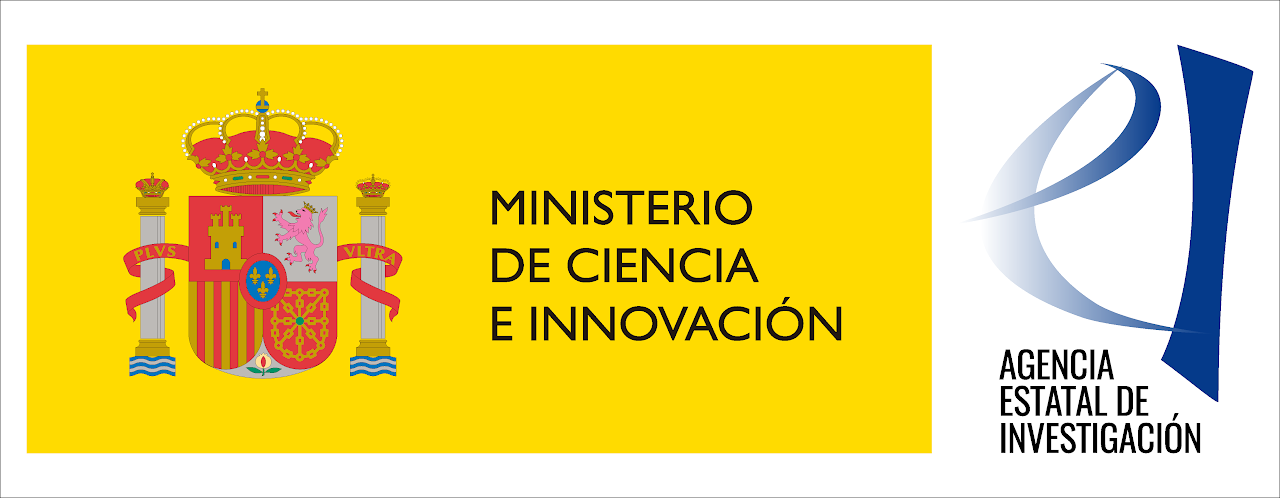Tensor Network based approaches to Quantum Many-Body Systems ICCUB School 2021
Auditori Antoni Caparrós
Parc Científic de Barcelona
European Tensor Network
Tensor networks provide a new paradigm for describing quantum many body systems. Since the early years of quantum mechanics, the quantum many body problem has been one of the main driving forces in theoretical physics. In recent years, a lot of progress has been made in unraveling the entanglement structure of correlated systems, which resulted in the study of quantum tensor networks which model the entanglement degrees by local tensors. This had led to the development of new numerical methods for simulating complex quantum systems and of new analytic tools for classifying entangled and topological phases of matter.
Europe has been at the center of this development, and many groups have since the last decade been building up expertise in the various aspects of tensor networks, including the development of novel numerical and analytical approaches and in applying tensor networks to model experiments in atomic physics and condensed matter. Giving the rapid growth of the field, there is a strong incentive to build up a European network in which students and researchers can meet and exchange knowledge.
ICCUB School 2021
The aim of the school is to teach PhD students in an early career stage the basics of tensor-product states as well as the most recent technical developments. This is particularly important given the increasing number of groups working on this quickly evolving topic. The lectures will be given by researchers who work actively both on the development and the application of tensor-product state based methods.
Topics include
- Many-body entanglement
- Matrix-product states
- Projected entangled pair states
- Multi-scale entanglement renormalization ansatz
- Time-dependent variational principle
- Tensor network renormalization
- Bulk boundary correspondence
- Tensor networks for finite temperatures and dynamics
- Tensor networks as impurity solvers for dynamical mean field
Lecturers
- Mari Carmen Bañuls (MPQ)
- Philippe Corboz (UVA)
- Johannes Hauschild (Berkley)
- Salvatore Manmana (Goettingen)
- Antoine Tilloy (MPQ)
When
From Monday, September 27, 2021 to Friday, October 1, 2021
Teaching hours
In the same day, participants will attend 2 theory lectures plus one tutorial.
| DAILY | Time |
| Morning | 9:00-12:30pm |
| Afternoon | 14:30-17:30pm |
Organizing Committee
Luca Tagliacozzo (local organizer ICCUB Barcelona)
Frank Verstraete (University of Ghent)
Norberth Schuch (University of Vienna)
Frank Pollmann (Technical University Munich)


Acknowledgements
This event is part of the grant CEX2019-000918-M funded by MCIN/AEI/10.13039/501100011033.

